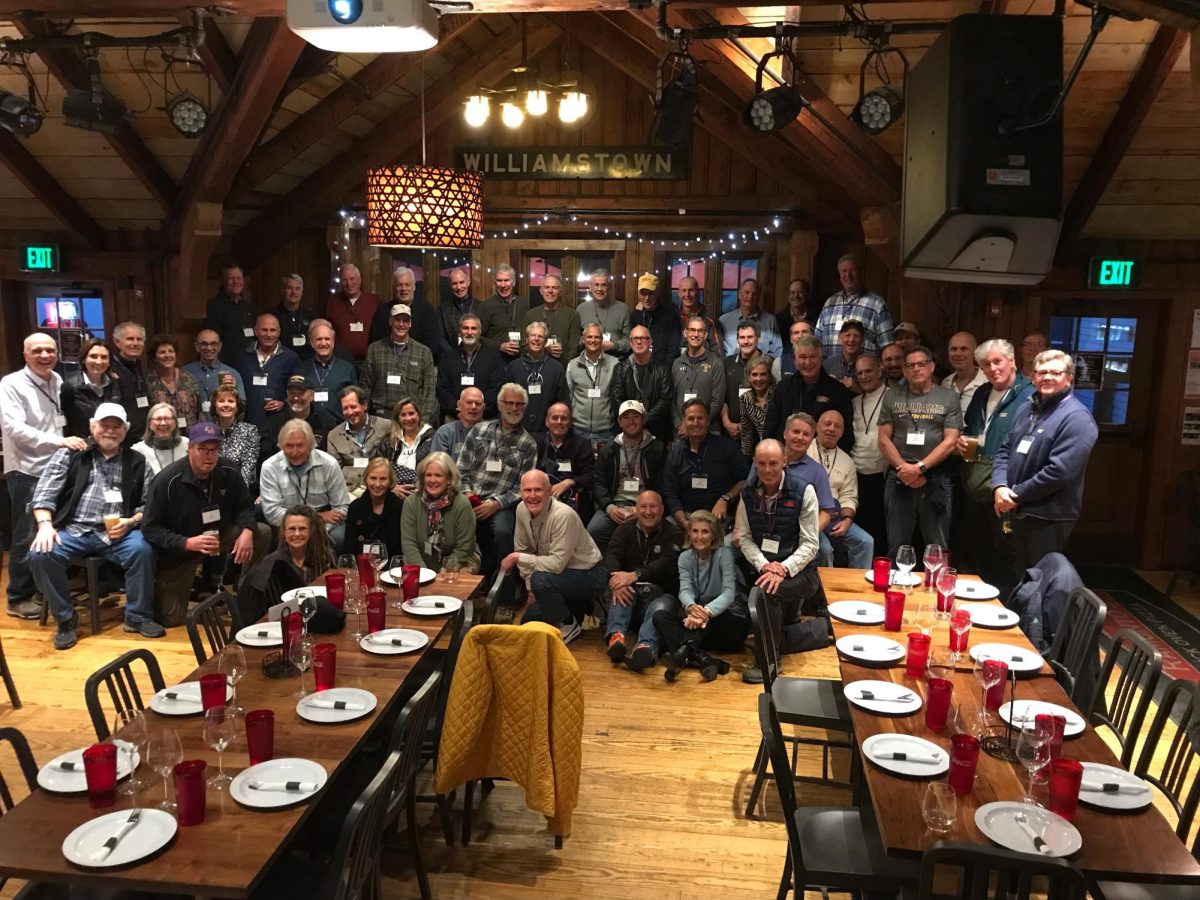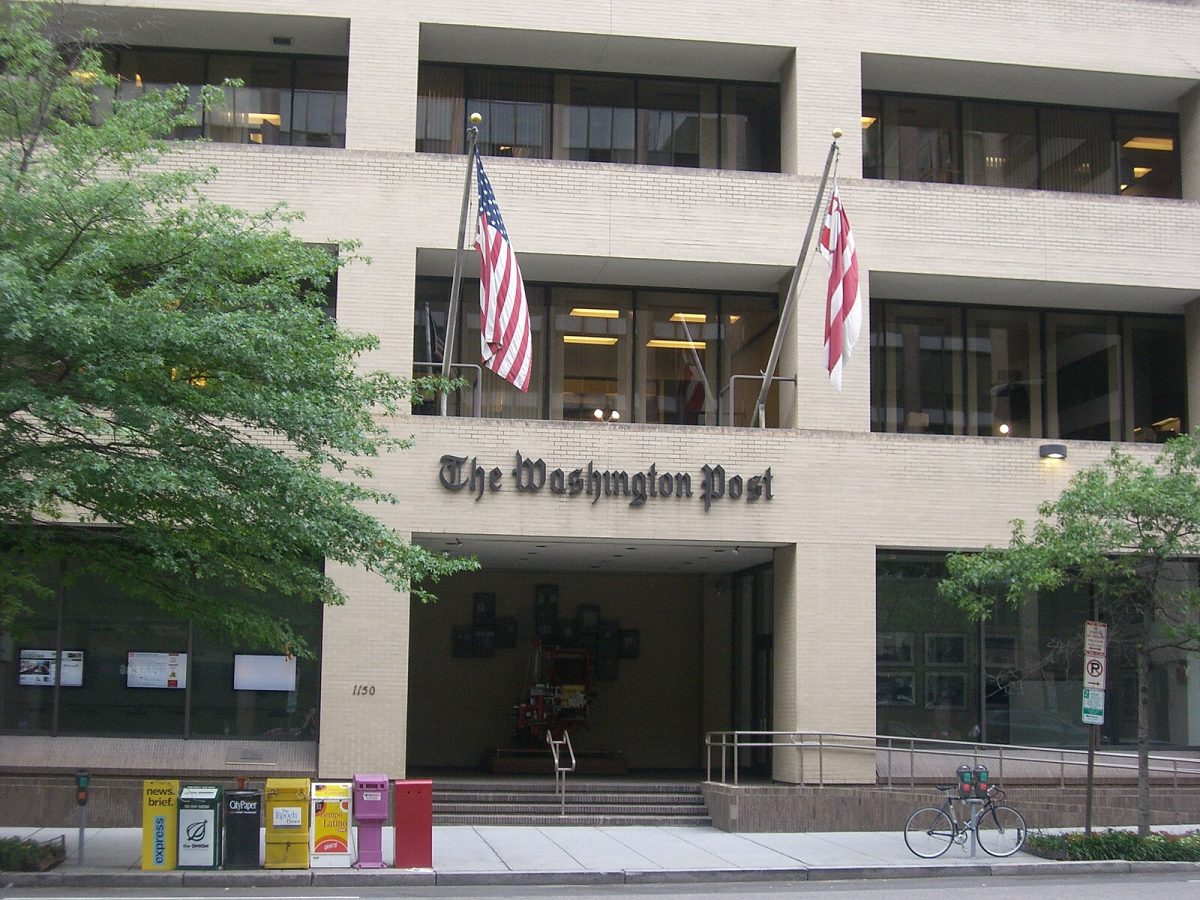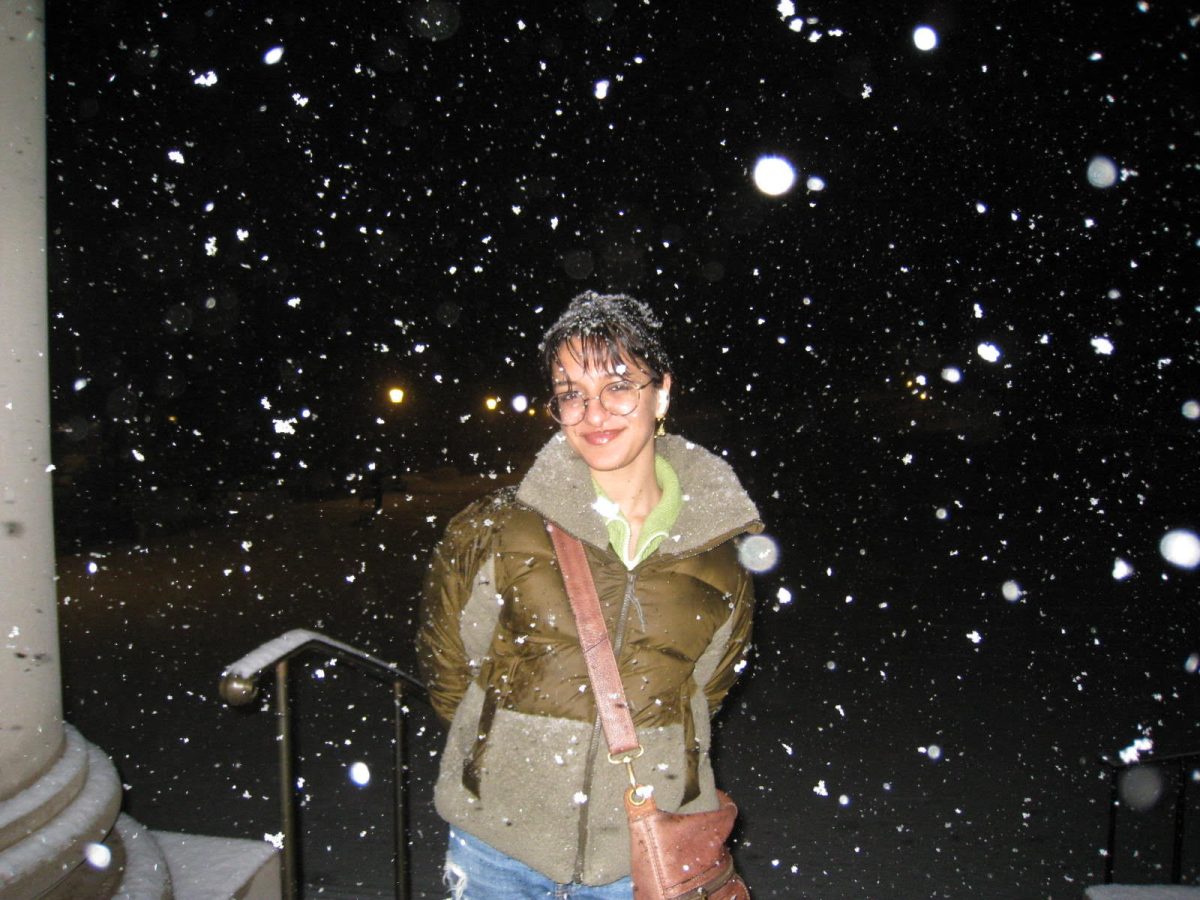
“People sometimes say we’re an organic, fair trade coffee company,” founder of Dean’s Beans Organic Coffee Company Dean Cycon ’75 told the Record. “I say, stop, stop — we’re a social justice organization that uses [our] organic, fair trade company as a vehicle to make change.”
Students at the College may be familiar with Dean’s Beans: The College has stocked its dining hall coffee dispensers with beans from Cycon’s company for nearly two decades.
Cycon’s interest in social justice stems from his work as an environmental and Indigenous rights lawyer. He told the Record that he discovered his interest in law while at the College. “I was first a theatre major because I grew up backstage Broadway, so that was kind of my natural path,” he said. “Being a lawyer is like being an actor, except you actually get paid, so I turned to [studying] political science.”
While working as a lawyer, Cycon gave a talk at the University of Rhode Island on the deforestation of Indigenous lands in Brazil and its implications on the area’s occupants. After the talk, he was approached by a professor who connected him with Bill Fishbein, the owner of a coffee shop that sourced its beans from farmers in Brazil. Fishbein wanted to give back — but didn’t know how.
“About 85 percent of all coffee farmers were Indigenous peoples, and I understood the issues that Indigenous peoples face being on the margin, the periphery of their national states,” Cycon said. Cycon and Fishbein soon founded Coffee Kids, the first nonprofit organization dedicated to helping improve the quality of life for coffee-farming families.
“It was a good, solid charity,” he added. “But charity is not change. Charity is about maintaining existing structures. I came to the conclusion after a while that I was actually legitimating the very system I was trying to change.”
Cycon eventually realized the real change had to come on the business level, he said, leading him to leave Coffee Kids and found Dean’s Beans in 2003. “I decided I was going to model how a business can be a proactive force for positive social, environmental, and economic change and also be profitable at the same time,” he said.
The company’s growth was slow at first, which was intentional. “Growth is an outcome, not a goal,” he said, reiterating how the company’s mission is not to maximize profit but to do good. “It’s all about organic growth. It’s small, and it’s when the environment and the resources are accepting and available — that’s when growth occurs.”
Dean’s Beans began supplying the College in 2006. “Williams is where I let my wings of perception unfold,” he said. “It became the model for the way I approached being in the world … so I approached Williams and said I’d like to do [business]. Williams took a chance on me, and we’ve had an exquisite relationship for 18 years.”
Dean’s Beans has since become the smallest business to join the UN Global Compact, a group committed to sustainability in the business world, and the first coffee company to reach the compact’s Sustainable Development Goals (SDG). Cycon was also the first American to be awarded the Oslo Business for Peace Award, which honors successful companies that contribute positively to society.
Despite the company’s success, Cycon decided to step down as CEO of Dean’s Beans last year, though he still serves as a board member. “It’s not that I don’t love this — it’s just that I’ve got other things I want to do with my life,” he said. “I have novels I want to write, I have bucket-list trips I need to do, [and] a lot of voters’ rights work [to do].”
After stepping away, Cycon decided to turn his business into a worker-owned cooperative. Cycon is also in the process of publishing his third book after releasing Javatrekker: Dispatches from the World of Fair Trade Coffee in 2007 and Finding Home (Hungary, 1945) this past May.
“The hope for the future of Dean’s Beans is that it stays on mission,” Cycon said. “One person in particular said, ‘Dean’s Beans has been doing the same thing for, like, 15 to 20 years.’ Yeah, that’s the point. It’s not a fad. Dean’s Beans will continue to grow, because growth is the outcome of what we do.”








